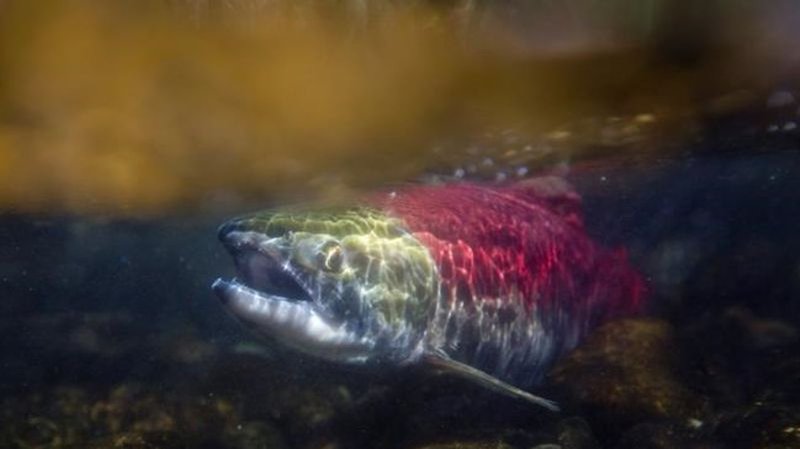
Union critical of Ottawa’s plan to buy back Pacific salmon licences
CAMPBELL RIVER, B.C. — The union representing British Columbia fishermen says a plan by the federal government to buy back commercial salmon fishing licences is underfunded, lacks transparency and doesn’t address the investments made by harvesters.
Fisheries and Oceans Canada has earmarked $123 million for the voluntary retirement program, plus two future initiatives that will dispose of derelict vessels and allow Indigenous communal licence holders to switch to another species.
The United Fishermen & Allied Workers’ Union says in a statement issued Thursday that the program lacks criteria to determine which licences will be purchased, meaning that both active and inactive licences could be bought.
It says inactive licence holders could bring down the price for an active licence during the upcoming reverse bidding process that will see harvesters competing to sell their livelihoods at the lowest price.


